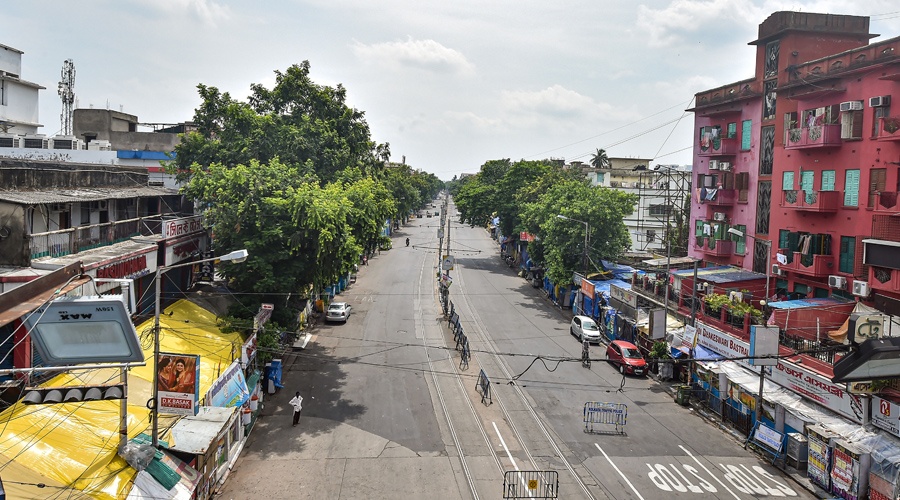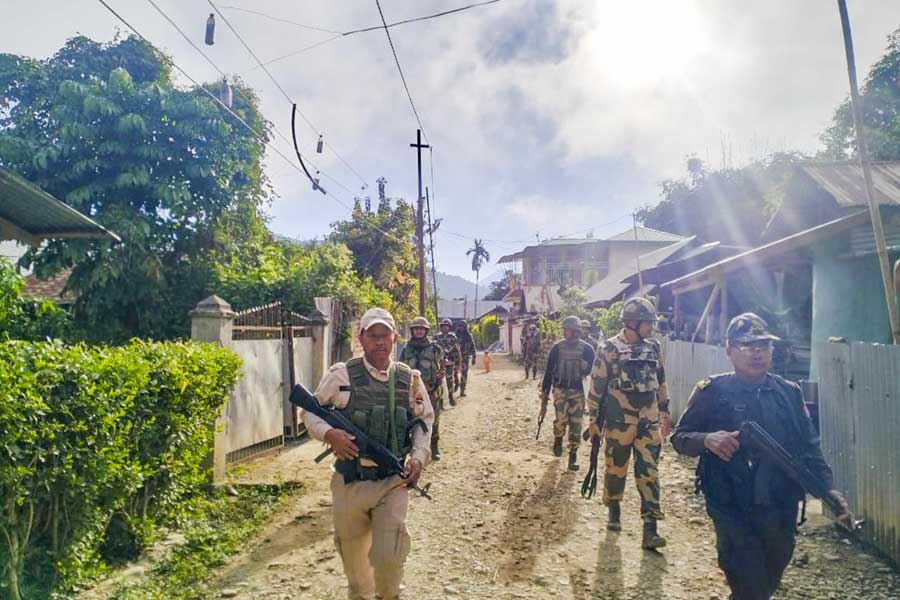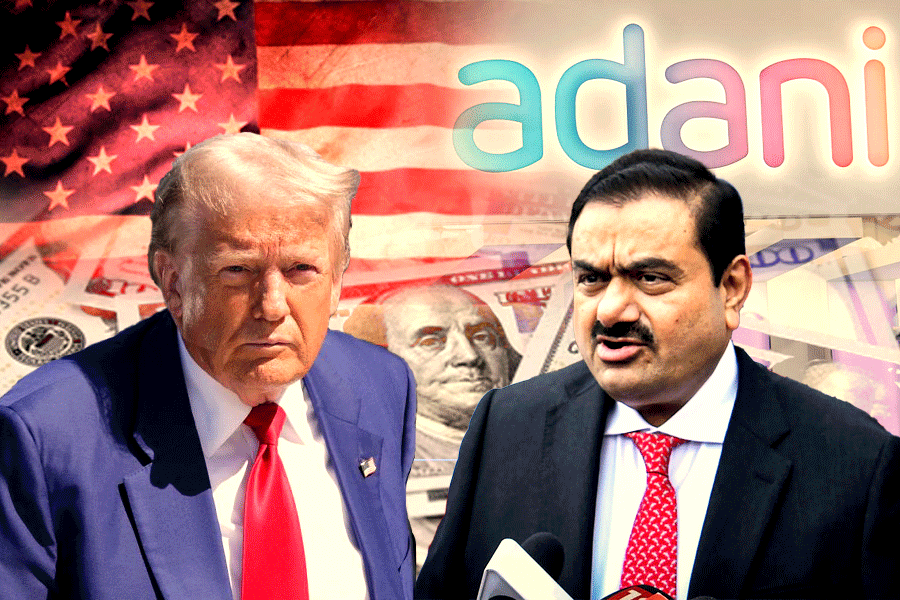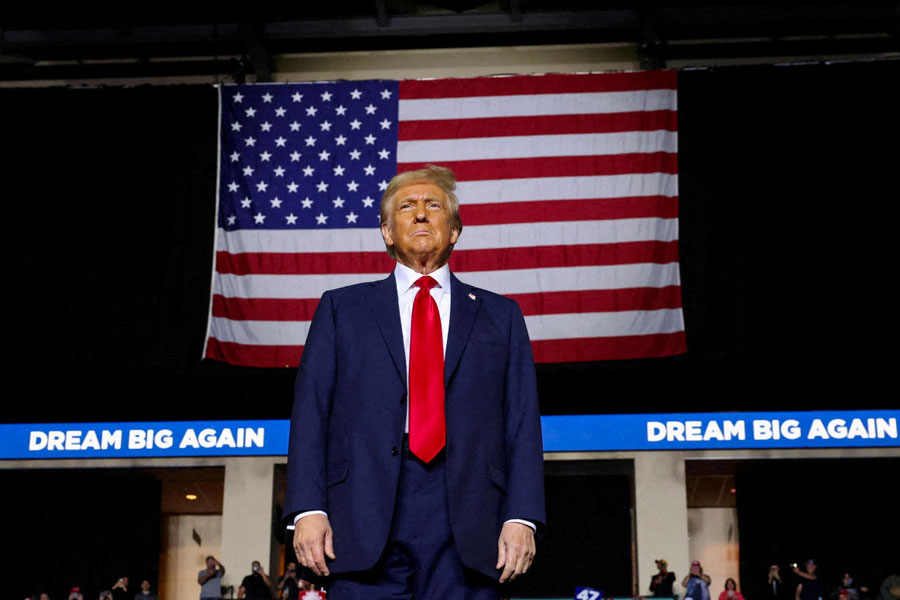The research wing of the State Bank of India on Friday said that the extended lockdowns and restrictions across states have hit economic activity. The impact is more visible in May, it added.
The Business Activity Index of SBI has dipped to 62.6 as on May 17 from 104.6 on March 15.
“The current level is a 51-week low with 58.7 last registered in the week ended May 25, 2020. However, with the sequential removal of restrictions expected from June, we believe the destruction to overall activity in Q1 will be lower than what was witnessed last year. Furthermore, inoculation, which is slow at present, is expected to pick up pace from July,” said SBI Research in its latest Ecowrap report.
The report added that it would be better for the states to import vaccines through global tenders than suffer a revenue loss through lockdowns.
The prices of vaccines are in the range of $5 to $40. With the rupee-dollar exchange rate at Rs 73 and the Centre giving 50 per cent of the vaccines to the states, the aggregate estimated expenditure of the states would be in the range of Rs 46,210 crore to Rs 3,69,710 crore. This is less than the aggregate loss of revenue at Rs 5,51,510 crore because of the restrictions.
For Bengal, the study estimates the vaccination cost at Rs 28,580 crore at the highest price of $40 per dose versus the state’s estimated revenue loss at Rs 37,770 crore — a difference of Rs 9,190 crore.
“The total vaccination cost of Rs 3.7 lakh crore is much lower than revenue loss of Rs 5.5 lakh crore assuming the lockdown for most states end by June. Also, the budgeted capital expenditure of Rs 8.8 lakh crore could see a significant rollback to balance the revenue loss, exacerbating the GDP loss,” the report said.
It added that import of vaccines could potentially trigger a renewed interest of capital flows into the country as investors look through the benefit of mass vaccination.
The report also suggested that the states and centre must chalk out a cold chain infrastructure system quickly while simultaneously targeting international vaccine manufacturers through advanced purchase agreements.










